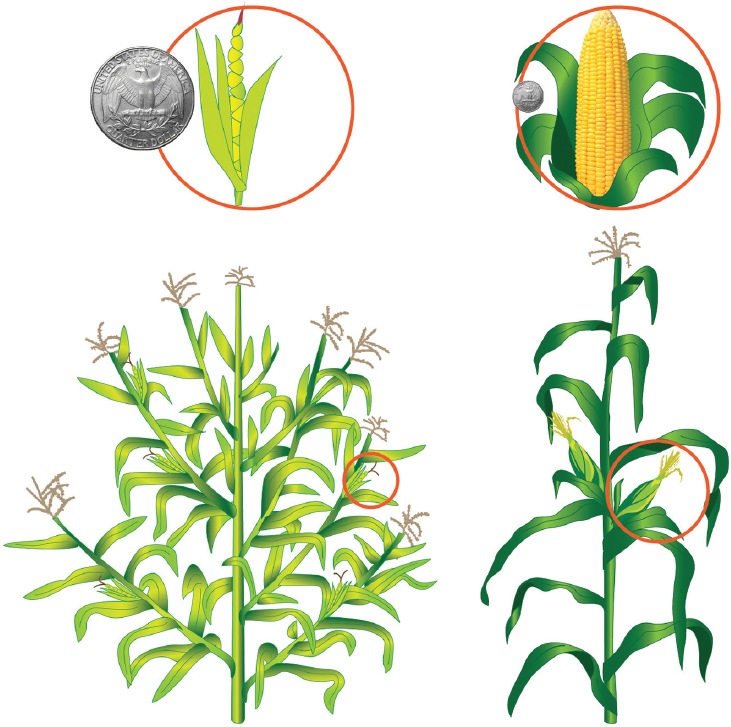
How Is Genetic Engineering Used In Agriculture. The improved organisms on genetical basis are called Genetically Modified Organisms GMOs. Genetically modified plants have minerals and vitamins added to them via modification. When the trait to be introduced is not present in the germplasm of the crop. This created a lot of advantages for genetic engineering and agriculture.

PROs of Genetic Engineering In Agriculture 1. Genetic Engineering in Agriculture. Genetic engineering is a type of modern biotechnology used to modify the genome or genetic material of living organisms. When the trait to be introduced is not present in the germplasm of the crop. The process of genetically modifying crops takes place in labs. 1 genetic engineering introduces one or a few well-characterized genes into a plant species and 2 genetic engineering can introduce genes from any species into a plant.
Time involved with the production and regulatory approval of genetically engineered organisms.
1 genetic engineering introduces one or a few well-characterized genes into a plant species and 2 genetic engineering can introduce genes from any species into a plant. Genetic engineering is believed to be a good thing for the people and the environment. An important application of recombinant DNA technology is to alter the genotype of crop plants to make them more productive nutritious rich in proteins disease resistant and less fertilizer consuming. GMO crops have their flavors enhanced. The improved organisms on genetical basis are called Genetically Modified Organisms GMOs. 1 genetic engineering introduces one or a few well-characterized genes into a plant species and 2 genetic engineering can introduce genes from any species into a plant.